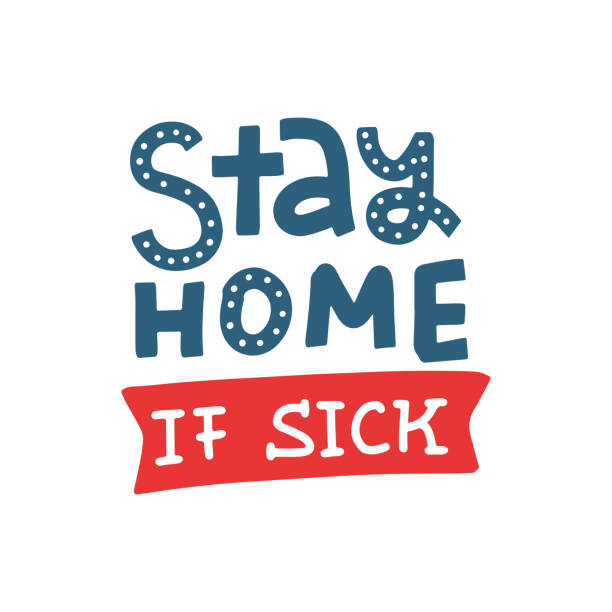Welcome to Ottawa's Clinic
If your child needs to receive medication during the school year, please fill out the specific medical form(s) and turn them in the first week of school. Forms must be completed yearly. Prescription medication (including inhalers) require a "Request for Admin. of Prescription medication" form signed by the attending physician, including an "Asthma Action Plan" advised by the doctor. Medication is required to be delivered to the school in the original container by a parent/guardian.
If your child will be carrying an Epipen, you MUST have an UPDATED form signed by the doctor along with the "Food Allergy Plan". If your child will be carrying an inhaler, you MUST have an UPDATED form signed by the doctor along with an Asthma Action Plan. The forms we have on file at this time, will not be valid for the next school year. Also, please check expiration dates on inhalers, epipens, OTC meds, as well as prescription medications. These medications cannot be dispensed in the school if they have expired. Original prescription information, as well as the student name, must always be included on all prescription bottles. Feel free to contact me if you have any questions.
WHEN SHOULD A CHILD STAY HOME FROM SCHOOL?

Many illnesses do not require a child to stay home from school. However, children may be excluded from school if the illness prevents the child from participating comfortably in school activities or if there is risk of spread of harmful disease to others.
This list represents the most common reasons why a child should remain home from school. Please work with your school’s health aide and/or our district nurse if you are uncertain or have questions.
We refer to the state and local health department for guidance on all health-related concerns.
Criteria includes:
Abdominal Pain: A child with abdominal pain that continues for more than two hours, or intermittent pain associated with fever or other symptoms.
Diarrhea: A child has two loose bowel movements, even if there are no other signs of illness. The child should have no loose stools for 24 hours prior to returning to school. Exception: A healthcare provider has determined it is not infectious. Diarrhea may occasionally be caused by antibiotics, new foods a child has eaten, or teething. Call the parent to find out if there is a non-medical reason for the loose bowel movements.
Fever: A child with a temperature of 101°F or greater AND behavior changes or other signs or symptoms (e.g., sore throat, rash, vomiting, or diarrhea). The child should not return until 24 hours of no fever, without the use of fever - reducing medications. Note: If there is influenza-like-activity or COVID-19-like-activity in the school or in the community, criteria would also include a temperature over 100.4°F and respiratory symptoms (e.g., cough, sore throat)
Ill appearance: This could include a child that is not himself or herself, lethargic, persistently crying, has difficulty breathing or has a rapidly spreading rash.
Injury: Whenever an injury is serious enough to need a health care provider’s attention, a parent should be contacted to take the child home.
Rash: A child with a rash AND a fever or a change in behavior. Any rash illness and fever should be checked by a healthcare provider. There are different rules for returning to school depending on the cause of the rash. Note: Rapidly spreading bruising or small blood spots under the skin need immediate medical attention.
Skin Sores: A child with weeping sores on an exposed area that cannot be covered with waterproof dressing.
Vomiting: A child that has vomited two or more times. The child should have no vomiting for 24 hours prior to returning to school. Exception: A healthcare provider has determined it is not infectious.
Certain Communicable Diseases: Children and staff diagnosed with certain communicable diseases, including COVID-19, may have to be excluded for a certain period.
While not an emergency, children with the following diseases should remain at home until successfully treated: impetigo, lice, ringworm, and scabies. Michigan Head Lice Manual
Ottawa Health Clinic
(586) 723-6600
